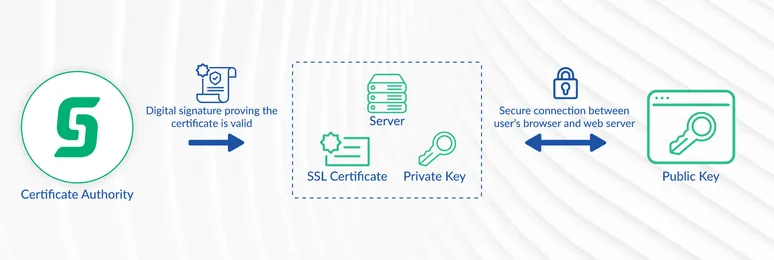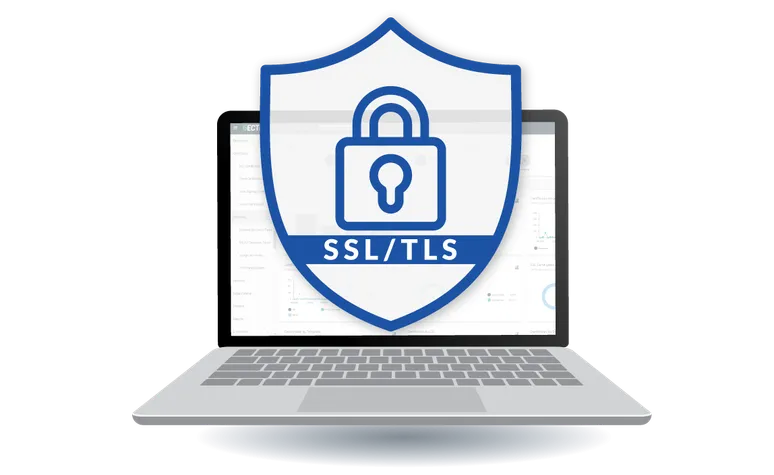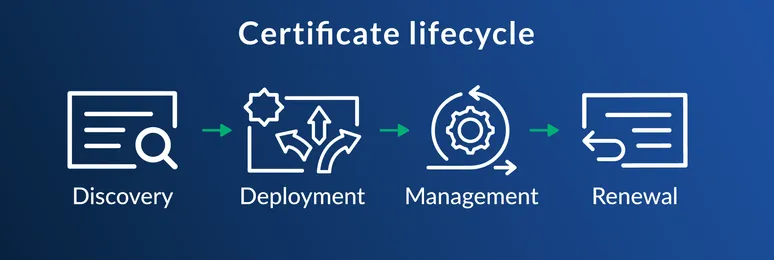Certificate Authorities: What They Are & Why They’re Important


Certificate Authorities (CAs) play a vital role in web security by issuing digital certificates, ensuring trust, and enabling secure connections. This guide explores the functions of CAs, the types of certificates they issue, and how to select the right CA to safeguard your digital assets. Key topics include SSL/TLS validation levels, certificate lifecycle management, and the importance of trusted CAs like Sectigo.
Certificate authorities play a central role in modern web security, and yet, many people are entirely unaware that these resources are so influential in their day-to-day browsing. These critical organizations are responsible for providing digital signatures and certificates, thus promoting integrity and trust on a broad scale.
Because the influence and benefits of CAs are so far-reaching, business leaders and website owners should make an effort to get better acquainted with them. This means learning how they function and recognizing what, exactly, goes into selecting the best CA and the best digital certificates. We explore this in detail below so you can feel confident as you seek SSL/TLS and other types of digital certificates.
What is a Certificate Authority?
A Certificate Authority (CA) is a third-party organization or entity that validates websites by issuing digital certificates. To accomplish this, CAs check credentials with registration authorities, which, in turn, determine whether the website in question should be verified. There’s a set of Baseline Requirements public CAs must follow for their public certificates to be accepted by browsers for general use.
CAs draw on the power of the public key infrastructure (PKI), which encompasses the many processes and policies that make it possible to encrypt data. This constitutes the underlying framework for the technology that promotes authentication via digital certificates. The CA acts as the trusted entity responsible for issuing several types of PKI certificates.

What is their function?
CAs play a huge role in maintaining collective peace of mind for the many people who browse or even depend on the internet — and the websites that serve these individuals. These independent bodies serve as trusted third parties, meant to both issue and vouch for certificates as needed.
Equipped with certificates from respected CAs, website owners can feel confident that their digital certificates will provide the desired level of validation to their web browsers and, as a result, promote a similar sense of trust in users.
The Certificate Authority’s role is often compared to that of a passport agency or application; prior to qualifying for a passport, one must submit some type of verification. This is then analyzed by the passport agency, which confirms that the person applying for the passport is who they say they are. Once the application is approved, the traveler can feel confident that they will be able to successfully use it during their next trip. Meanwhile, the nations admitting them can trust that visitors with valid passports are from the country they purport to be from.
Why are CAs important?
Establishing trust is critical in the modern digital environment, especially given the sheer range of risks that users and websites face from hackers and other malicious actors. CAs help to overcome these issues and build much-needed trust by letting end users know that the websites equipped with relevant certificates are legitimate. This, in turn, makes users more likely to proceed with navigating said websites and, eventually, using them to sign up for services or make purchases.
Whether end users rely on Microsoft operating systems using popular browsers such as Chrome or Firefox or Apple devices equipped with Safari, they must be confident they are browsing securely. CAs provide this peace of mind with their issued certificates.
Increasingly, many enterprises also rely on private certificate authorities, which function a lot like their public counterparts but provide tighter control while ensuring authentication of the various users and devices that exclusively serve the organization in question. These can be used for mobile and IoT devices, virtual private networks (VPNs), network security hardware, and more.
Private CAs represent a low-cost solution for securing intranet connections. This category technically encompasses solutions such as AWS but this does not live up to the stringent requirements imposed on trusted public CAs.
How Certificate Authorities issue certificates
Processes for validating websites and issuing certificates can look a bit different from one CA to the next. This is determined, in part, by the types of certificates sought, as we'll discuss later. Beyond this, the process typically involves a certificate signing request (CSR), which contains a public key and details such as the domain name.
Once the CSR has been created, the CA uses an independent verification process to determine that the information provided by the applicant is correct. The certificate is then signed and a private key is provided. The certificate can then be installed and tested by the applicant.
Types of certificates CAs issue
While typically associated with Secure Sockets Layer (SSL), CAs can issue a wide variety of certificates. These include multiple types of SSL/TLS options, along with various types of signing certificates. These are described in detail below:
- Domain validation (DV). DV certificates provide the lowest level of identity validation among the various SSL subtypes. This is a cost-effective solution that produces a secure digital environment by validating domain ownership and providing an encrypted connection.
- Organization validation (OV). Often regarded as a reliable middle ground between DV and EV, OV SSL certificates take a few steps beyond DV to validate identity. That being said, they don't go nearly as far as their EV counterparts. At this level, the CA must verify the business name, address, and registration. As such, OV is a popular solution for public-facing websites.
- Extended validation (EV). With an extra human review step added to the process, EV SSL certificates provide the highest level of validation for SSL certification. This is the industry standard for eCommerce websites.
- Multi-domain. If you need to acquire multiple digital certificates, a multi-domain solution is your best bet. Also known as SAN or UCC certificates, multi-domain solutions use a single certificate for hundreds of domains. These certificates also secure subdomains.
- Wildcard. The Wildcard type delivers full encryption to all subdomains contained within a single domain. This is available at multiple levels, including DV or OV.
- Code signing. Primarily used by software developers, code signing certificates verify the source code for files and ensure that they are intact and unmodified. These are generated by pairs of public and private keys. They are critical for preserving the integrity of modern programming environments.
- Secure/Multipurpose Internet Mail Extensions (S/MIME). Designed to promote email security and integrity, S/MIME certificates rely on recipients' public keys to encrypt messages. Only the recipients' private keys can decrypt these.

How to get a CA issued certificate
Depending on which CA you select, the process of actually getting a certificate should be relatively straightforward. Simply create an account with your preferred CA and add your certificate (at the desired level of validation) to the cart. Once you've completed the purchase process, your CA will provide detailed next steps, including insight into the various documents you may need to provide. Depending on the type of validation you've requested, this process could take a few minutes or a few days.
How to choose a Certification Authority
Because CAs play such a significant role in keeping the internet secure and boosting user trust, they must be selected with great care. Examine your options closely, keeping the following important factors in mind:
- Levels of validation provided. The ideal CA will provide solutions for DV, OV, and EV certificates.
- Ability to seek validation for multiple domains or subdomains via wildcard or multi-domain certificates.
- Solutions for certificate lifecycle management, especially with 47-day SSL certificates coming in the near future.
- Excellent customer support, including guidance during the validation process and quick (and helpful) responses to any questions you may have.
- A strong reputation among customers and organizations of all types, including small businesses and major corporations.
Use a trusted CA for your certificate
As you examine possible CAs for your SSL or signing certificates, look to Sectigo for guidance. As the market leader in SSL certificates, we boast a stellar reputation — as evidenced by the 40% of Fortune 1000 companies that place their trust in our services.
We are pleased to offer a wide range of products, including SSL/TLS certificates at all validation levels, along with wildcard, multi-domain, and single domain options. Compare these options to determine which certificates are best suited to your unique situation.
If you'd like to automate the process, take a close look at our certificate management platform. It's CA agnostic, so you can make the most of it no matter where you've secured your previous certificates. To learn more about our other products and services, get in touch today.

